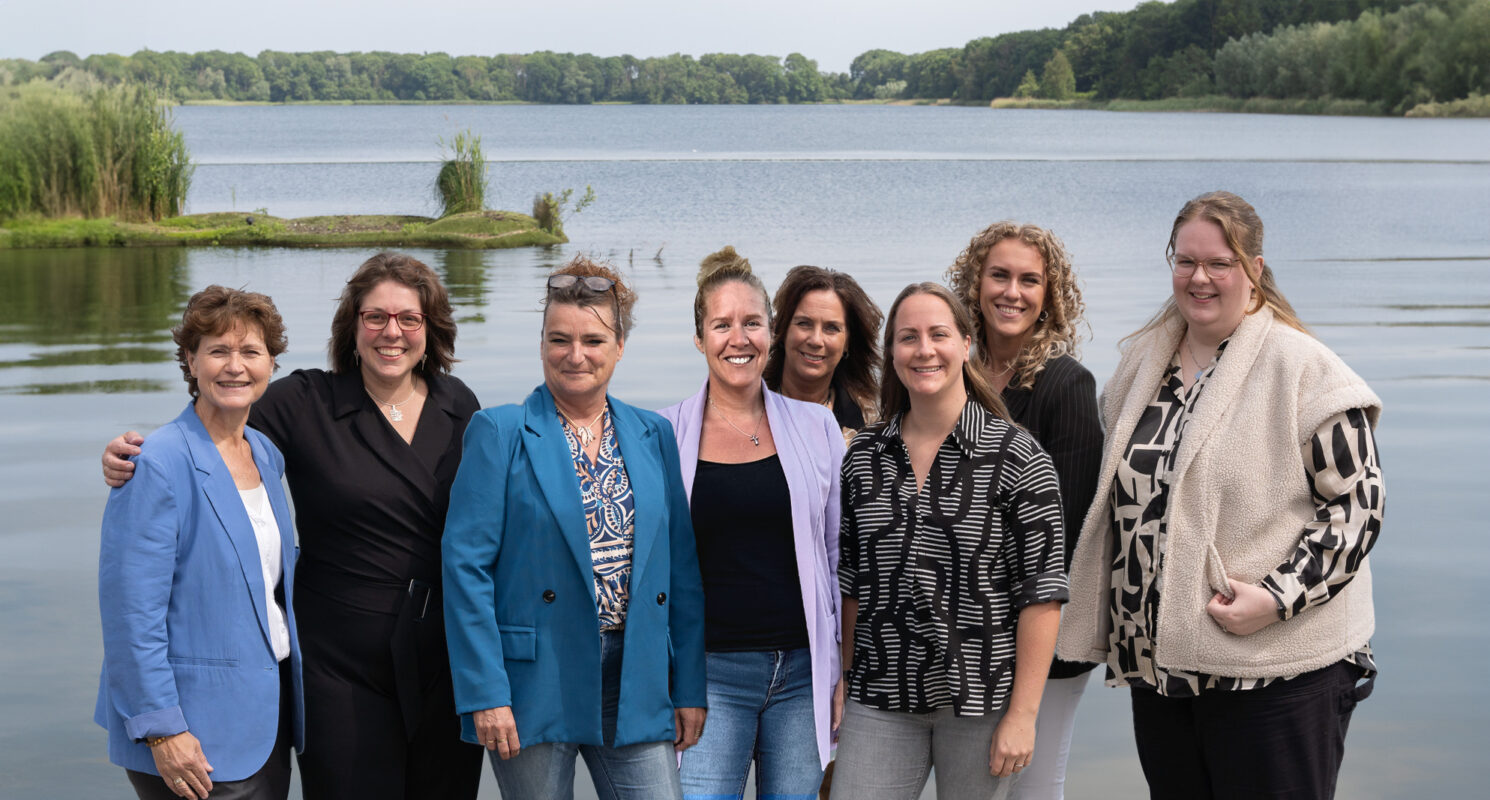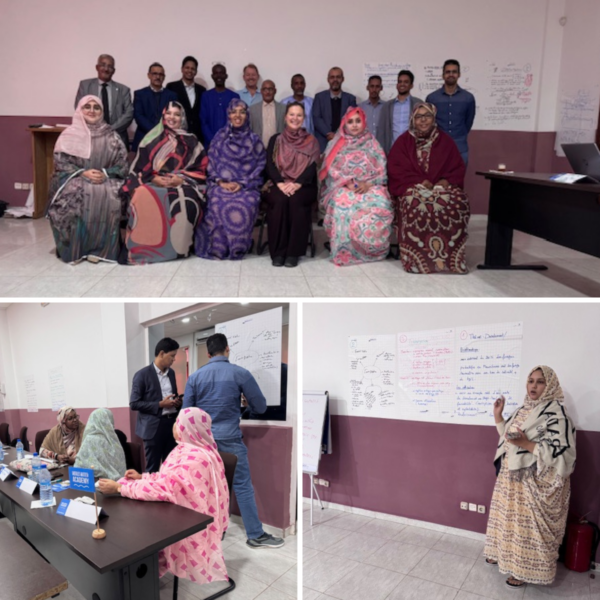
Advancing Integrated Water Management in Mauritania: A strong close to 2025
08 January 2026Read more

Read more
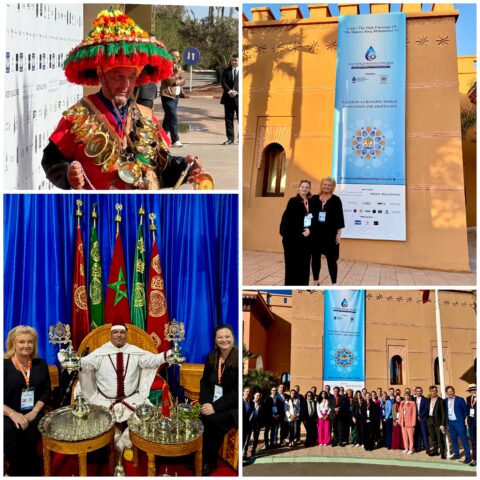
Read more
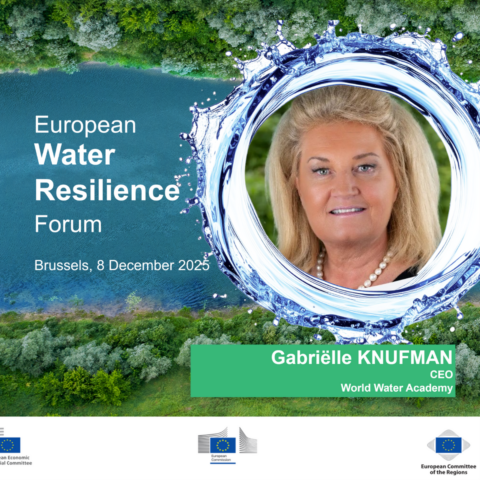
Read more
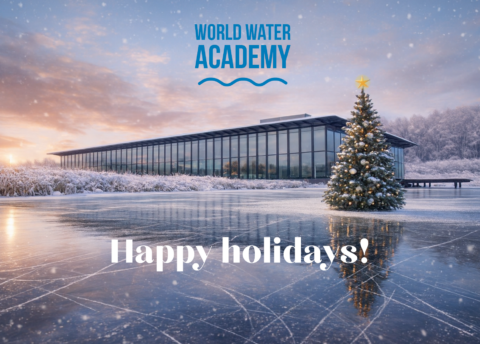
Read more
You can reach World Water Academy by telephone: +31 030 606 94 00 or e-mail: info@worldwateracademy.nl.
